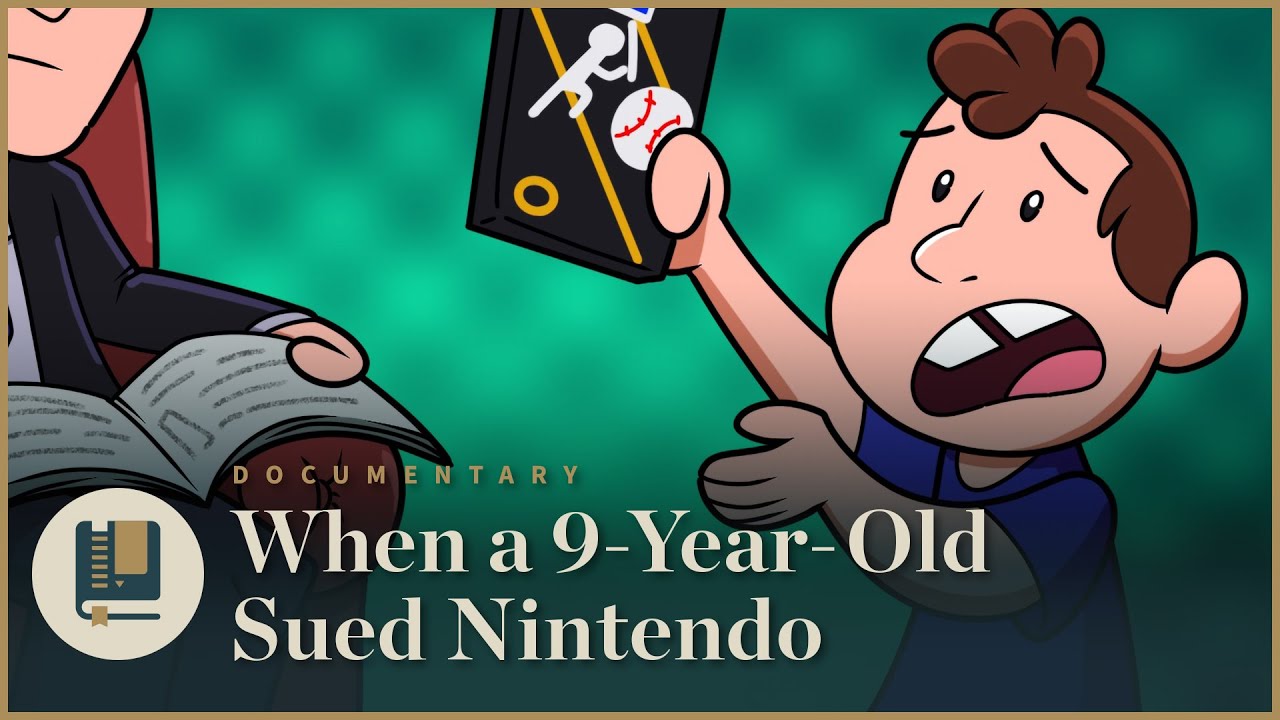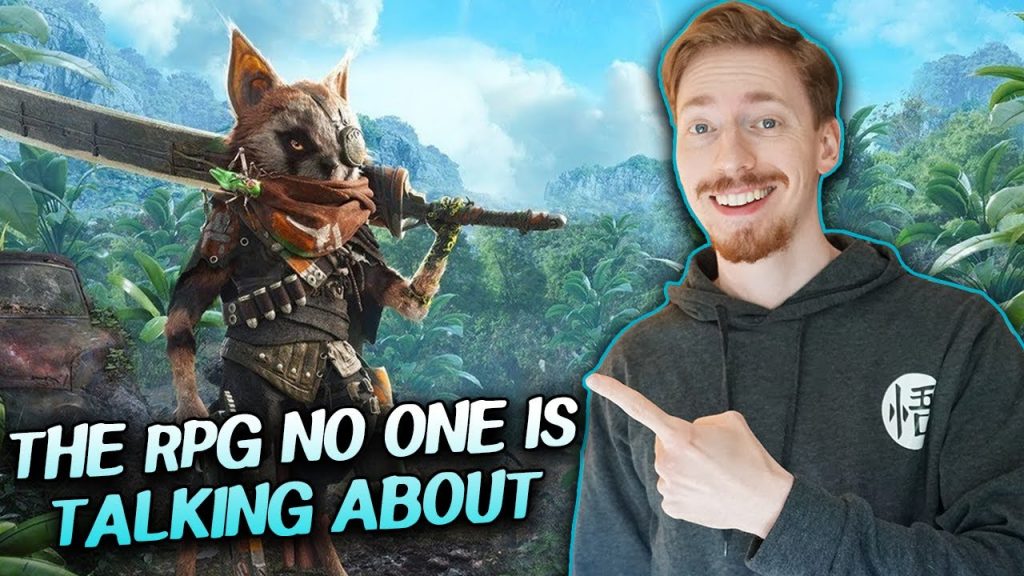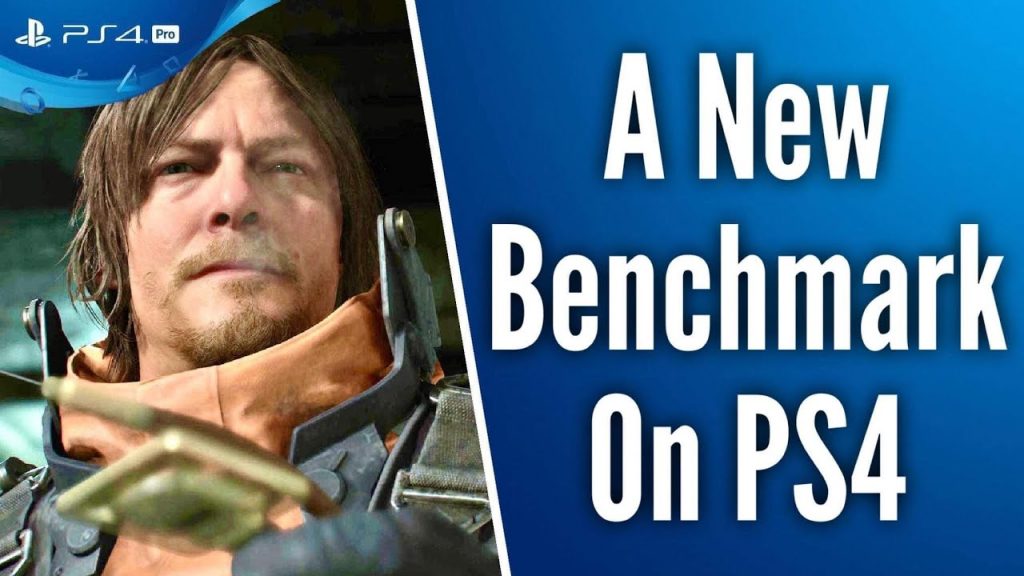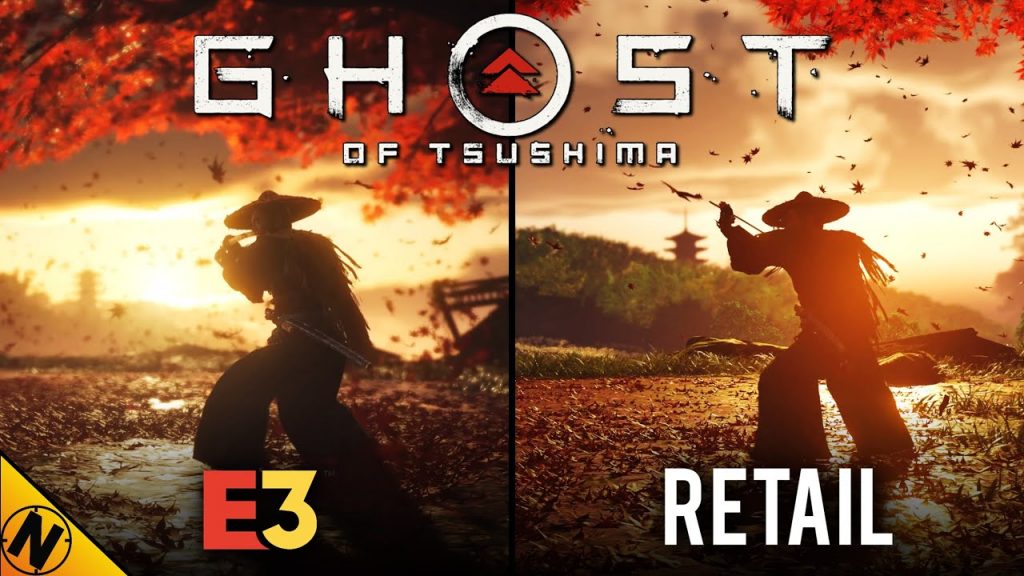When a 9-Year-Old Sued Nintendo

In 1989, Clark Thiemann was excited to play his brand new NES game, LJN’s Major League Baseball.
But when he started playing, his favorite MLB superstars weren’t in the game. So what did he do? He sued Nintendo, LJN, & Major League Baseball.
How did the lawsuit affect the gaming industry as a whole?
In the world of video games, a nine-year-old child may not seem like much of a threat to a multinational corporation. However, in the case of “Mii Freestyle” on the Nintendo Wii, that’s exactly what happened in 2008.
The game allowed players to create customizable avatars, known as Miis, and make them perform various actions, such as singing and dancing. However, one player found that when they tried to create a Mii with the name “Gay,” the game would not allow it.
The player in question was a nine-year-old girl named Mia Frye, who was playing the game with her family. After trying unsuccessfully to create a Mii with the name “Gay,” Mia researched the issue and found that other gamers had reported the same problem.
Determined to make a change, Mia and her mother, Jennifer, decided to sue Nintendo for discrimination. They argued that the game’s software was biased against the LGBT community, and that the company was violating California’s anti-discrimination laws.
The lawsuit gained national attention, with many people taking sides. Some criticized the family for suing over what they saw as a trivial issue, while others applauded their efforts to hold a corporation accountable.
In the end, the case was settled out of court. Nintendo agreed to update the game’s software to allow the name “Gay,” and also promised to include a message in future games promoting diversity and respect for all players.
Despite some criticism, Mia Frye’s lawsuit sent a powerful message to the gaming industry. It showed that even a young person can make a difference, and that companies have a responsibility to be inclusive and respectful to all of their customers.
In a world where video games are becoming more and more important in our lives, it’s important to remember that they should be a source of fun and enjoyment for everyone. Mia Frye’s lawsuit was a reminder that discrimination has no place in gaming, or any other aspect of our society.









The Last of Us 2 – Hospital Infiltration – Aggressive Ellie Gameplay – Survivor (PS4 PRO)
10 Essential Titles Every New Gamer Must Play
This video will make you want to play Rainbow Six Siege
Guerrilla Games Job Listing Seems to Confirm Horizon Zero Dawn 2 | PS5 Launch Title?
Ghost of Tsushima E3 vs Retail | Direct Comparison